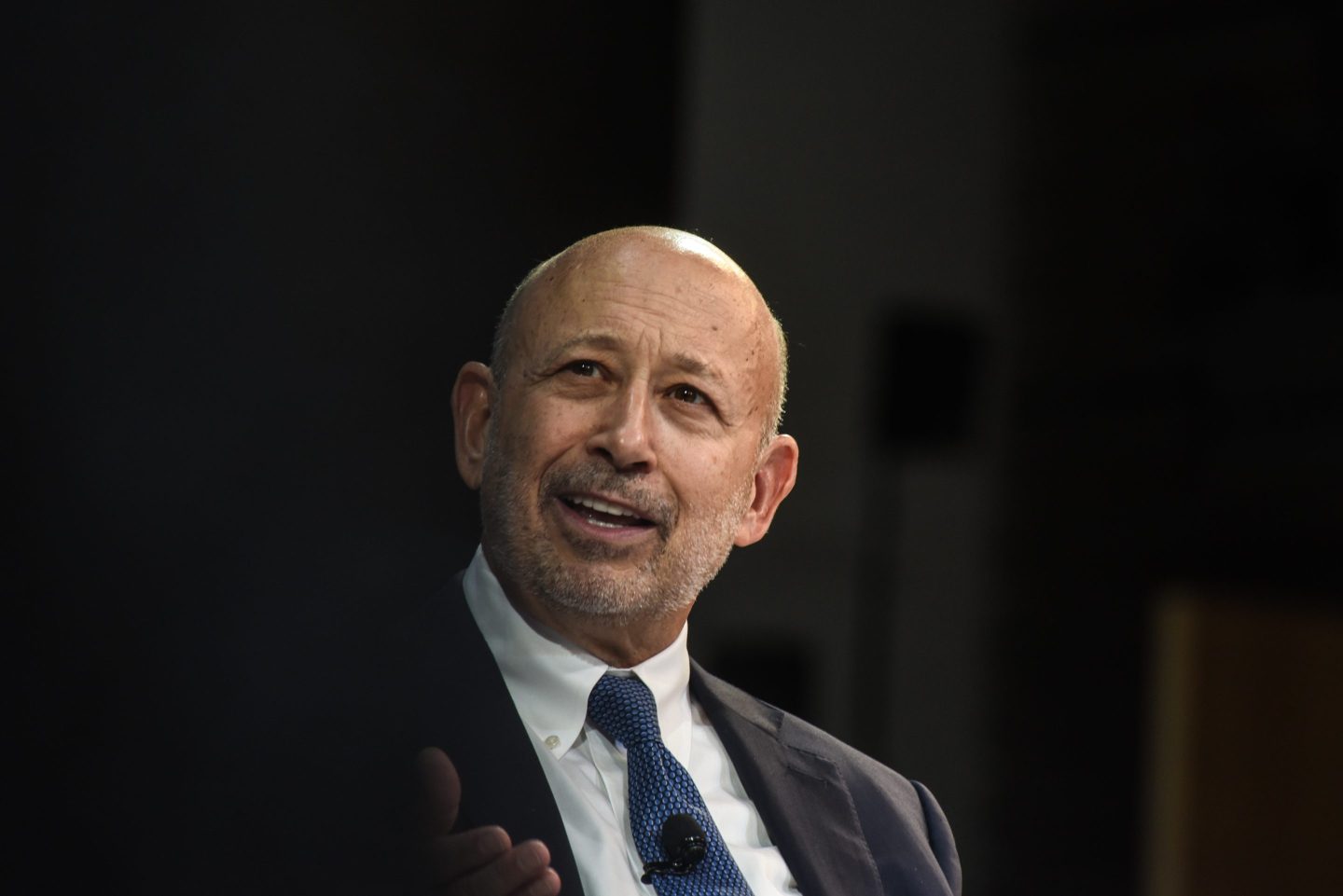It’s easy to see the benefits of global meeting in Davos, but the CEO of HCL wonders if there are better uses of the 75,000 executive hours.
By Vineet Nayar, contributor

What am I doing here?
Maybe it was the change of climate or the jet lag or something I ate. But as I arrived in Davos today and gazed up at the snowy peaks, that’s the question I was asking myself.
Wait a minute – everybody wants to come to the World Economic Forum’s Annual Meeting in Davos. Attendees get to rub shoulders with 2,500 of the world’s most prominent political and business leaders, academicians and social entrepreneurs. They get to listen to the views and counterviews of influential and innovative people on important global challenges. If they’re a speaker or panelist, as many are, they get to suggest ways to tackle those challenges. And – let’s admit it – most of us are here partly to be seen here.
But yesterday I wondered: Is Davos just a grand and glorious version of the Sunday soapbox scene at Speakers’ Corner in London’s Hyde Park, a place for speeches that, while they may have some effect on people’s thinking, have very little effect on society’s action?
Do the issues being debated at Davos by the world’s movers and shakers, in both public and private forums, result in significant change?
In short, does the event create more light than heat?
Don’t get me wrong. The WEF annual meeting not only deals with crucial and timely issues but also features sessions whose speakers give those discussions a sense of real immediacy. As I was reading the Financial Times yesterday, a number of articles – the outlook for the eurozone bail-out bond, President Obama’s endorsement of a spending freeze, Russia’s aim to reduce its own budget deficit by attracting foreign investment – raised issues that would be hashed out in this week’s Davos sessions by people who could influence their outcome.
I also appreciate the fact that WEF makes significant contribution to solving global challenges through their research and programs. For example, a comprehensive study issued in conjunction with the 2011 Davos meeting concludes that the financial crisis has reduced the ability of global governance systems to deal with ever more frequent and severe global risks – an important and sobering finding.

So what’s bothering me?
As I walked through this small Alpine town, I felt some discomfort about the cost and time invested in the event. A newly renovated and expanded convention center will be used primarily for the forum gathering. Some 26,000 people, including 9,000 police and security personnel, descend on Davos for the week, roughly 10 people for each of the 2,500 delegates. The cost in time alone of those 1,400 company chairmen, CEOs and business leaders who attend is staggering – by my calculation, an expenditure of roughly 75,000 “CEO-hours.” What if all this talent and influence were applied directly to the solution of some of the problems that besiege the world?
And I’m still haunted by my mental image of Hyde Park Speakers’ Corner, elevated in tone and transported to the Swiss Alps. Do all the words have an impact commensurate with the potential and the expectations?
I’m hoping I have some answers to questions like these by the end of the week. In the meantime, I’d welcome your thoughts.
Vineet Nayar is the vice chairman and CEO of HCL Technologies, a global IT services provider, and the author of the book Employees First, Customers Second.











